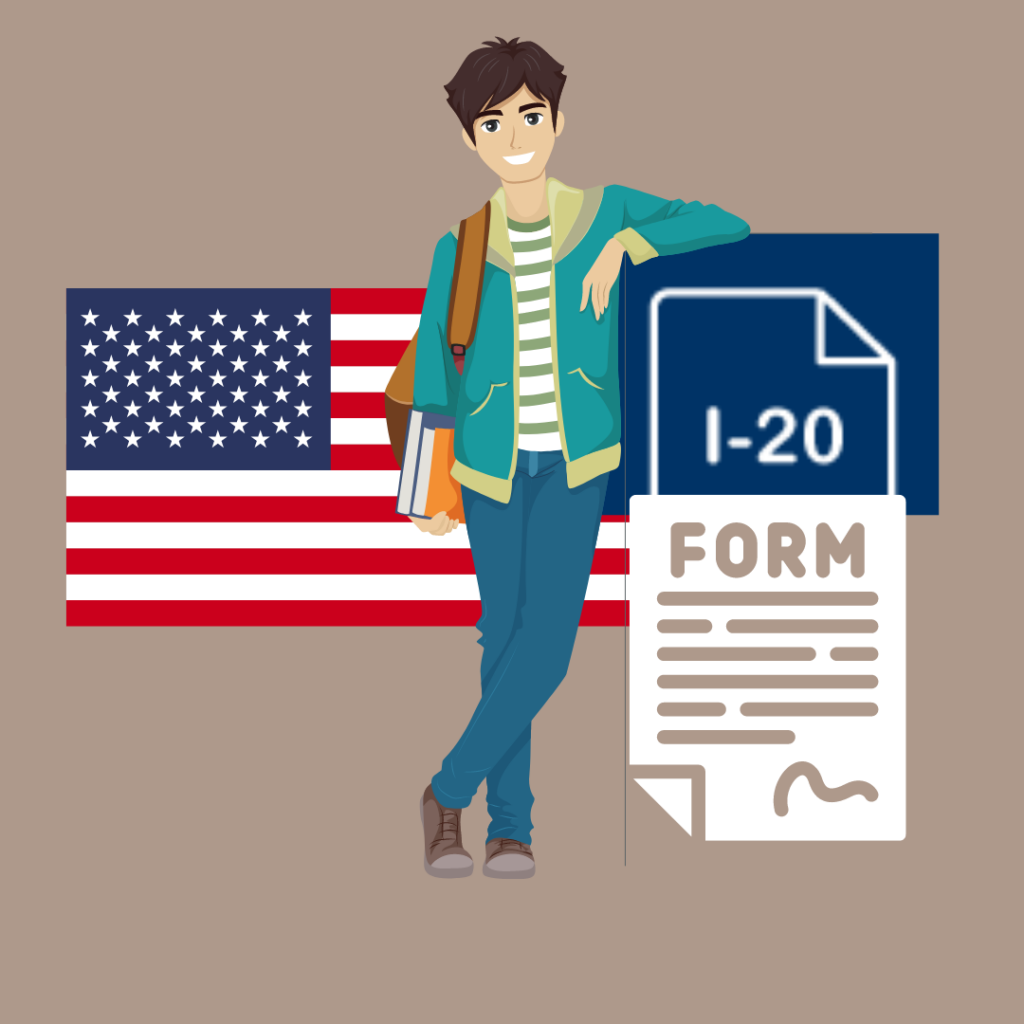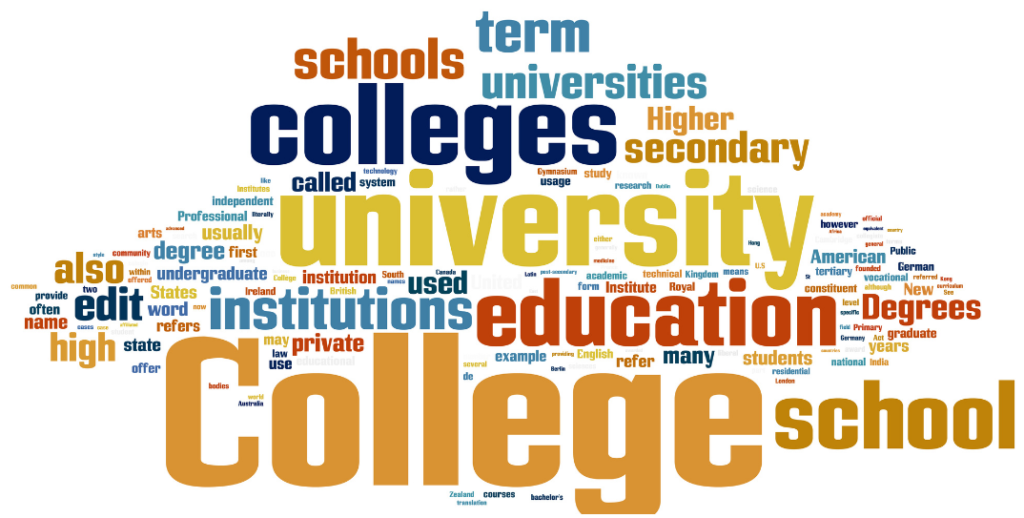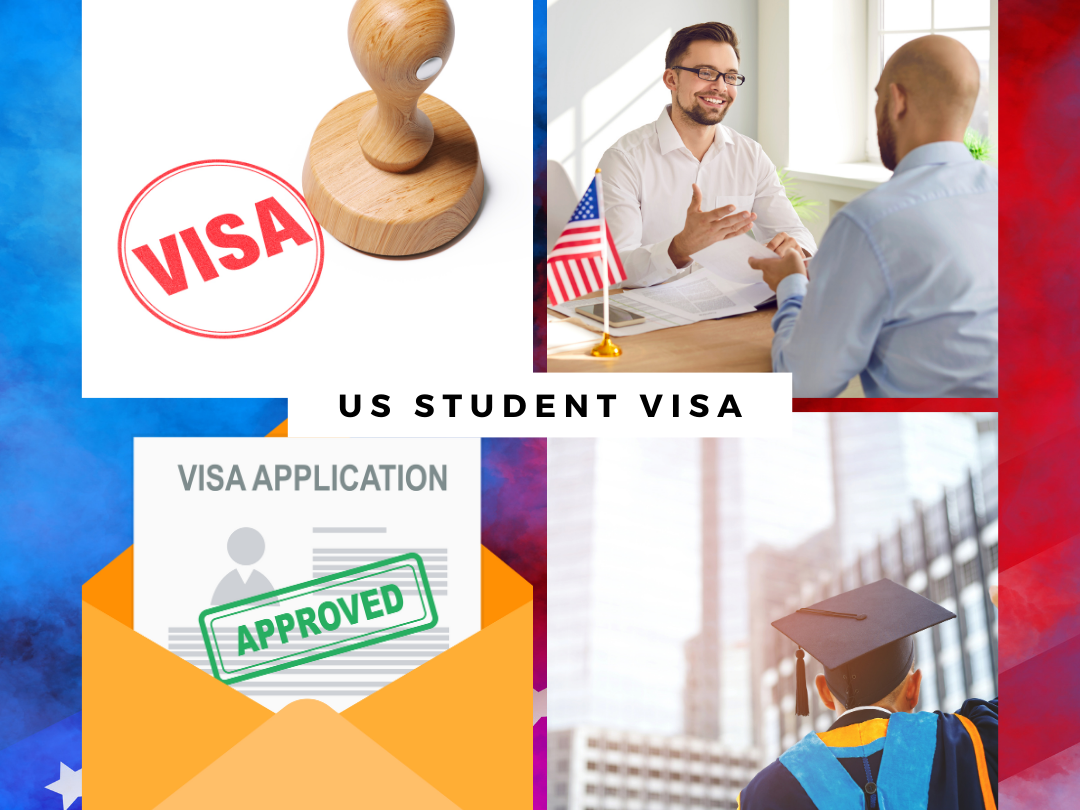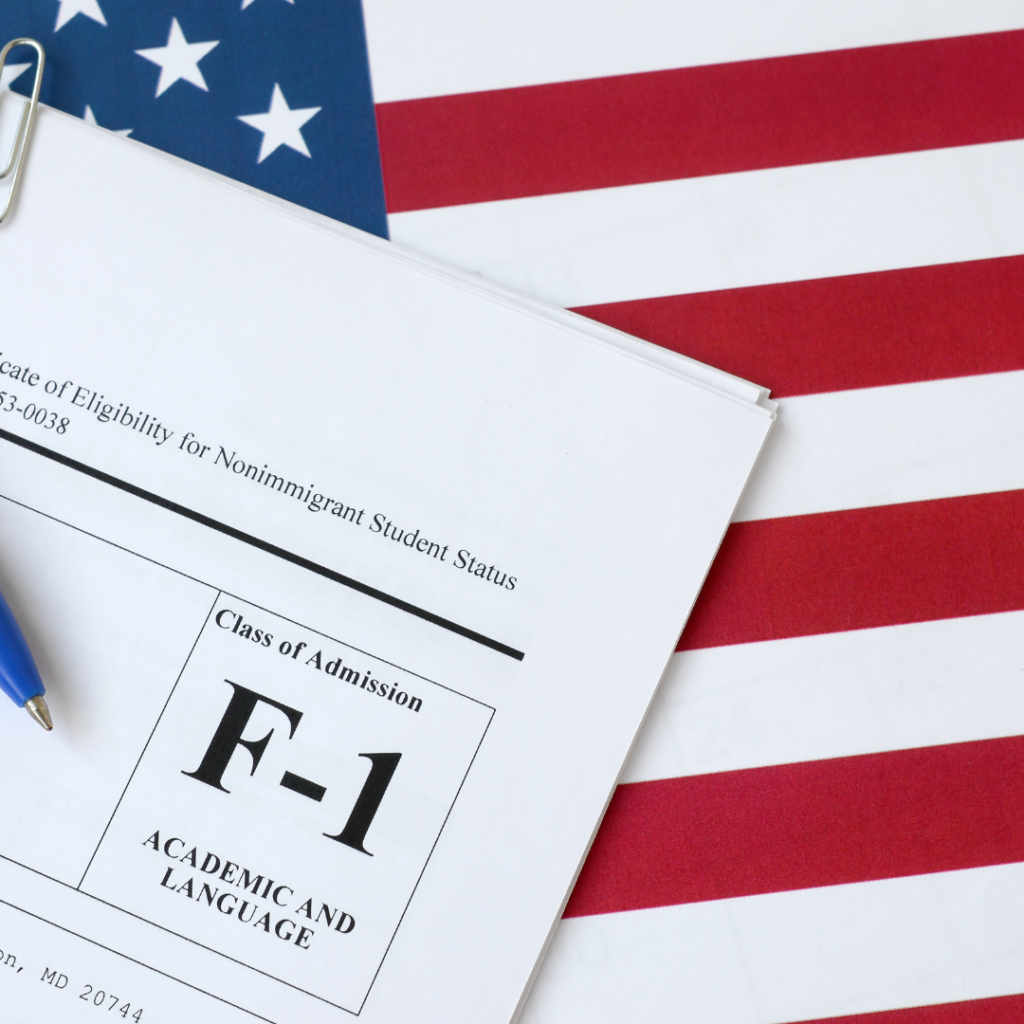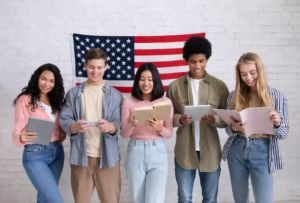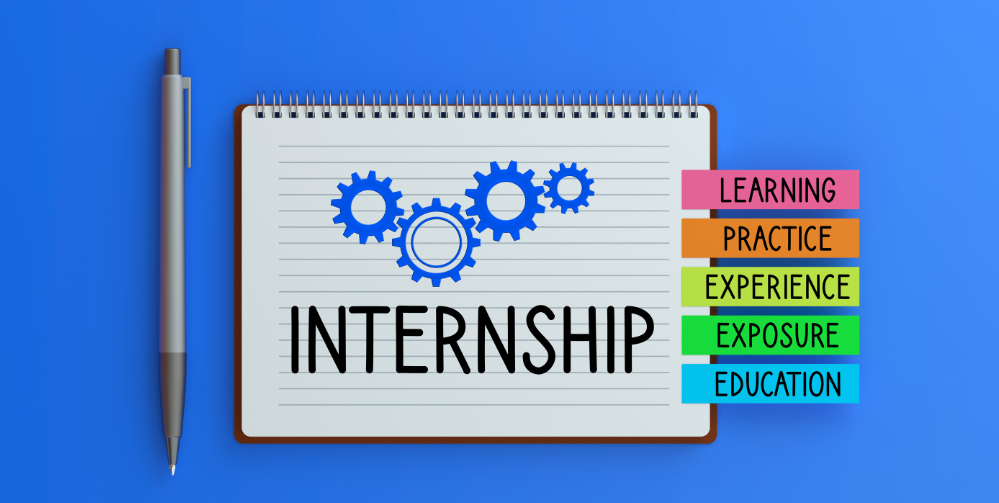
Are you a student pursuing a Master’s degree in the USA? Are you eager to gain practical experience and boost your career prospects with an internship? Look no further! Here’s everything you need to know about securing an internship during your USA Master’s program!
Understanding CPT (Curriculum Practical Training)
If you’re enrolled in a Master’s program, you’re eligible for CPT, which allows you to work in a position related to your field of study. To qualify, you need to have a valid F-1 immigration status for at least two full-time semesters (equivalent to one academic year). CPT lets you work in a job related to your field of study for up to 364 days.
Why Go for Internships?
Internships aren’t just about making coffee runs, and they offer much more than just workplace experience – they provide invaluable insights into American work culture and help you build a strong foundation for your future career. Typically lasting 10 to 12 weeks during summer breaks (generally from 15th May to 15th August), internships offer opportunities to apply classroom learning to real-world scenarios. Some universities even allow extensions for up to 20 weeks (i.e., for the entire third semester), providing extended hands-on experience. In very rare cases, students can do an Internships during the USA Master’s Program for the full term of 364 days.
The Legal Stuff
Before you jump into an internship, it’s essential to understand the legal requirements. To be eligible for an internship, you must obtain CPT work authorization, which allows off-campus employment for international students (F-1 visa holders) pursuing study programs in the USA and wanting to gain experience in their fields of study. Keep in mind that CPT is not available once you’ve completed your degree program.
Still studying for your GRE? Explore our numerous blogs on GRE Quantitative Reasoning and GRE Verbal Reasoning.
How to Secure an Internship during your USA Master’s Program?
Here are some simple yet effective tips to help you land your dream internship:
Polish Your Resume:
- Outline your major responsibilities within your previous professional work experience. Include action words (such as facilitated, led, managed, maintained, operated, recommended, etc.) that highlight your skills.
- List relevant courses or projects you have worked on.
- List your extracurricular activities or volunteer experience.
- Keep the formatting simple and clean.
Tap into Your University’s Resources:
Every university has a career center or an internship coordinator for co-op and internship programs. Approach them to apply to the positions that interest you. Generally, every university also has a career center website showing internship opportunities in various corporations. Students are advised to visit this website regularly for updated listings and resources.
Explore Online Platforms:
Use job boards like LinkedIn, Monster, Indeed, and Glassdoor to search for internships in your field of interest. Create profiles and set up job alerts to stay informed about new opportunities. You can also use online forums like Glassdoor to look at the interview questions asked in companies that interest you.
Network, Network, Network:
- Request Referrals within Your Network: Connect with individuals in your network within the US and inquire if they are acquainted with employees at companies you are interested in. Internal referrals from existing employees can significantly increase the likelihood of your resume being considered for an interview.
- Career Fairs: Universities typically host career fairs each semester, providing an excellent opportunity to engage with potential employers and alumni. These events offer insights into industry hiring trends, facilitate networking, and present internship prospects.
- Information Sessions and Tech Talks: Universities often arrange information sessions and tech talks featuring various companies, especially during career fairs. These sessions allow current employees, often university alumni, to share insights about their companies and potential opportunities. Prepare a targeted resume to distribute and ask insightful questions beyond what’s available on the company’s website.
Ready to Take the Next Step?
Don’t wait for opportunities to come to you – take action now! Update your resume, reach out to your network, and start exploring internship options today. Whether you are aiming for a summer internship during your USA Master’s Program or seeking opportunities during the academic year, now is the time to kickstart your career journey.
As India’s leading Study Abroad Consultant, Dilip Oak’s Academy offers a comprehensive suite of admission counseling services that can guide you through the entire process from Shortlisting Universities to Visa Counseling. With our expertise, we have successfully sent 32,000 students to various prestigious American universities like MIT, Stanford, Cornell, and Carnegie Mellon. We also offer classroom and online coaching for GRE, TOEFL, and IELTS, as well as GRE Self Prep. To explore our services, book a free consultation or call us at 91-20-67444222.

